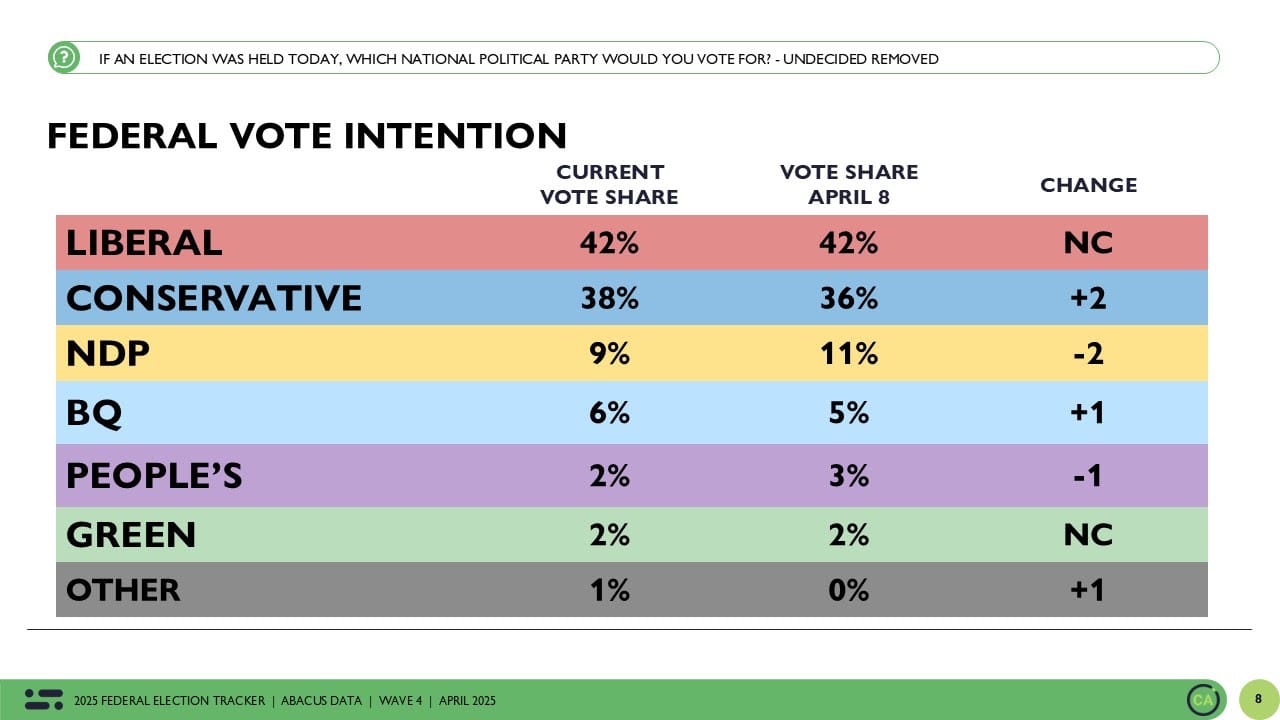OpEd - Will Rural and Urban Municipal Amalgamations in Saskatchewan Become Reality (Part 2)
A municipal district is described as the “voluntary merging of at least one rural municipality and at least one urban municipality to create a new type of municipality.”
by Jan Derwores
Jan 22, 2025
Discussions within the Ministry of Government Relations around The Municipalities Act have centered around the premise that municipal districts are better able to meet the needs of provincial residents by injecting modernization into a municipal framework that has been adequately functional for more than a century.
Saskatchewan has the second highest number of municipalities in Canada. Quebec and Ontario, first and third place respectively, have substantially higher populations. What this illustrates is that per capita Saskatchewan has the largest number of local governments.
Two-thirds of the population of the province was rural, but that demographic has now shifted to one-third rural and two-thirds urban. When viewed in that context, the province desires to ensure that all municipalities are well equipped to serve its citizens with sustainable good governance and services extending into the future.
The Ministry contends that municipal districts are meant to be a unique approach to combining smaller existing local governments to benefit the larger region and to better manage economic and population changes. I would put forth that the function of all municipal governments is to benefit the residents of the municipality. Furthermore, maintaining autonomy in the current municipal structure allows for freedom of choice as opposed to further government control.
The following arguments made in the province's Position Paper on the topic of municipal districts can be found on the Ministry's website link: https://www.saskatchewan.ca/government/public-engagement/municipal- legislation. For each premise, there may be a convincing counter answer as follows:
Premise 1: Administrative efficiencies including improved staff recruitment/retention/specialization.
Answer 1: Municipal administration does not require specialists, but rather generalists, and the residents need to continue to have a say in their everyday lives. Larger bureaucracy that has been implemented in health districts, school districts, the federal government which has increased in size by 37.9% within the last 10 years, or municipalities has never been proven to create greater efficiency. It has been illustrated that a bloated bureaucracy becomes less efficient and more costly.
Premise 2: Consistent planning and development goals and requirements.
Answer 2: Planning goals and requirements should be consistent with the people who live in the municipality and even to the ward or division within each municipality. There is no one size fits all solution.
Premise 3: Savings and efficiencies gained through the sharing of assets/equipment, and staffing, such as administration or public works employees.
Answer 3: Municipalities currently have the ability to get on the phone and call their neighboring municipality and borrow equipment or share staff if they see fit.
Premise 4: Opportunities to explore options to improve services and operations.
Answer 4: Currently municipalities explore and implement ways to improve services and operations. This happens in response to market conditions dictating to the municipality what is the best choice for its own residents. Sometimes these decisions happen as a result of input from outside the municipalities in the private sector or associations, and sometimes from within the municipal governments. Regional landfills and Regional Watershed Associations are examples.
Premise 5: Harmonized bylaws, plus the ability for district bylaws and policies to apply differently to the areas of the former urban and rural municipalities if desirable or necessary.
Answer 5: The premise itself supports the counter narrative. Requiring bylaws to be applied differently to the areas of the former municipalities shows that consolidation will increase confusion and dysfunction. Under the existing system each municipality can make and apply its own bylaws tailored toward the needs of its residents.
Premise 6: Flexibility to restructure local government in a way that meets regional interests.
Answer 6: This premise is very concerning. It states the desire to remove local interests and apply regional interests. Where would the backstop be applied? Would the next step be provincial interests? Why not federal interests? Why not global interests? Beginning on this path of removing the rights and best interests of the individual soon becomes a slippery slope, and where it will end? Under the current municipal system in Saskatchewan there exists more of an opportunity for each individual to relate their unique circumstances to their local government.
Premise 7: Smaller municipalities have challenges with recruiting and retaining a qualified administrator and other staff.
Answer 7: The work of a municipal administrator has not actually changed in the past 50 years. The critical difference is the imposed educational and certification standards now required by administrators do a job they have been doing for many years.
Premise 8: Smaller municipalities have challenges attracting election candidates.
Answer 8: When there are concerns in a municipality there are always candidates who will step up to address the issues. Also, the smaller municipalities should be allowed to adjust their number of councillors to a maximum of three if the residents agree.
Premise 9: Smaller municipalities have challenges managing their finances and generating sufficient revenue.
Answer 9: This premise is false when applied specifically to rural municipalities. All rural municipalities are approximately the same size with the same amount of property taxes. Factually the municipalities with smaller populations are typically better funded and have higher cash reserves.
Premise 10: Smaller municipalities have challenges staying current and complying with legislation.
Answer 10: If a municipality has trouble complying with legislation then maybe there is a problem with the legislation. Legislation that does not include input of the residents may not necessarily be required for the municipality to function.
Premise 11: Smaller municipalities have challenges providing sufficient municipal services such as transportation, recreation, emergency services and water and sewer services.
Answer 11: Saskatchewan residents are resilient and market forces will suit the unique attributes of each community. Saskatchewan is diverse with a mosaic of communities possessing their own special attributes and range of services. Residents have the ability to choose the services and recreation they desire.
Premise 12: Challenges exist for municipalities in being able to find, attract and retain qualified administrators.
Answer 12: This premise is very similar to Premise #7. The system is not broken but it is moving in the wrong direction. Administrators are now required to hold certificates and diplomas in municipal administration instead of being knowledgeable residents who capably ran their municipalities for years, sometime on a part time basis. The role of administrators is moving away from common sense and into the realm of agenda implementation and riding herd on the council rather than allowing the council to live up to the responsibilities vested in them by the people they represent. This places administrators in the precarious position of having to implement agendas from outside the municipality.
Saskatchewan has one of the best representative municipal government systems in Canada. It has been said to be envied by many other provinces. It has been utilized very effectively for many decades in our municipalities. The question which needs to be asked of the Ministry is, "Why would anyone consent to reformatting a functional system that allows direct resident input?"
This is the second installment of a series of educational and proactive articles and is an initiative of the people to support and develop good municipal government. The opportunity to become involved and speak out is now.
Last Mountain Times Newsletter
Join the newsletter to receive the latest updates in your inbox.



